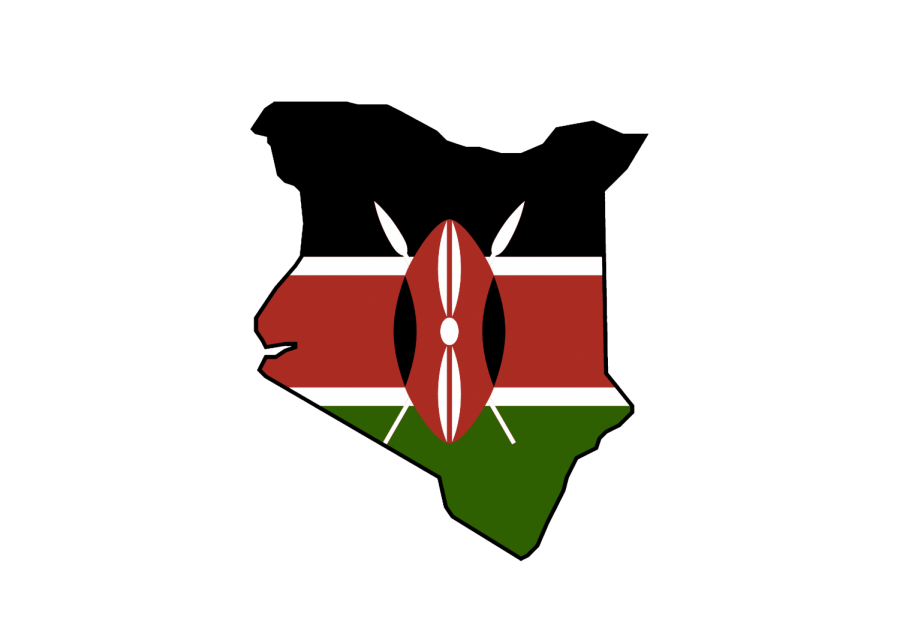Kenya’s second election fails to solve nation’s divisions
November 2, 2017
Kenyans lined the polling stations on Oct. 26 to elect a new president for the second time since August. Turnout for the election hit a record low — approximately 38 percent of the population voted, and polling was banned in four counties. The vote was intended to correct the outcome of the previous election, which was nullified by the Supreme Court after opponent party leader Raila Odinga cited irregularities in the voting process. However, Odinga withdrew from the second election two weeks before the voting, arguing that the electoral commission was unable to administer a free and fair election. He called on his supporters to boycott the election. Oddly enough, his name remained on the ballot, earning him 73,000 votes.
The Supreme Court’s decision to annul the August election was monumental. While it spurred violent protests throughout the nation, it was widely seen as proof of government integrity and autonomy. The ruling party then attempted to pass an amendment that would make it difficult to overturn election results, but it was never ratified, as only two of the seven Supreme Court judges showed up for the ruling.
Thus, the results of this election were the same as the first: President Uhuru Kenyatta was declared the victor of the Kenyan election for the second time this year. Kenyatta secured an astounding 98 percent of the vote, raising questions surrounding the validity of his win. Supporters interpret his landslide victory as wide national support for the leader, but his win is likely due to the opposition’s boycotting of the election. This outcome negates the purpose of the second election, turning it into a colossal sham, and raises tensions in Kenya to levels higher than ever before.
Elections in Kenya are not a peaceful process. They are a contest for power and domination between political and ethnic groups. Many Kenyans view elections as an attempt to address repressed grievances, accounting for why they often result in large-scale violence. In fact, politically driven violence was greater than usual as a result of this reelection. 24 people were killed in wake of the initial vote, and, almost immediately after Kenyatta’s victory was announced, massive protests erupted in Kibera, Kenya’s largest slum. An anonymous Western diplomat expressed his concern that the violence had even amounted into a form of ethnic cleansing.
Odinga assured his supporters on Oct. 25 that he would transform his party into a “resistance movement.” Odinga pinned the recent violence on the Kenyatta supporters, calling the killings “very beastly” and “well planned and executed.” Importantly, he stopped short of telling his supporters to not engage in violence.
In his acceptance speech, Kenyatta celebrated the resilience of the Kenyan people and thanked God for bringing him “victory over darkness.” Kenyatta’s win will almost certainly be confirmed in court. As president, he will face the challenge of uniting a country with a stark political divide and governing citizens who see him, because of the boycott and long-lasting ethnic divides, as an illegitimate president.




















